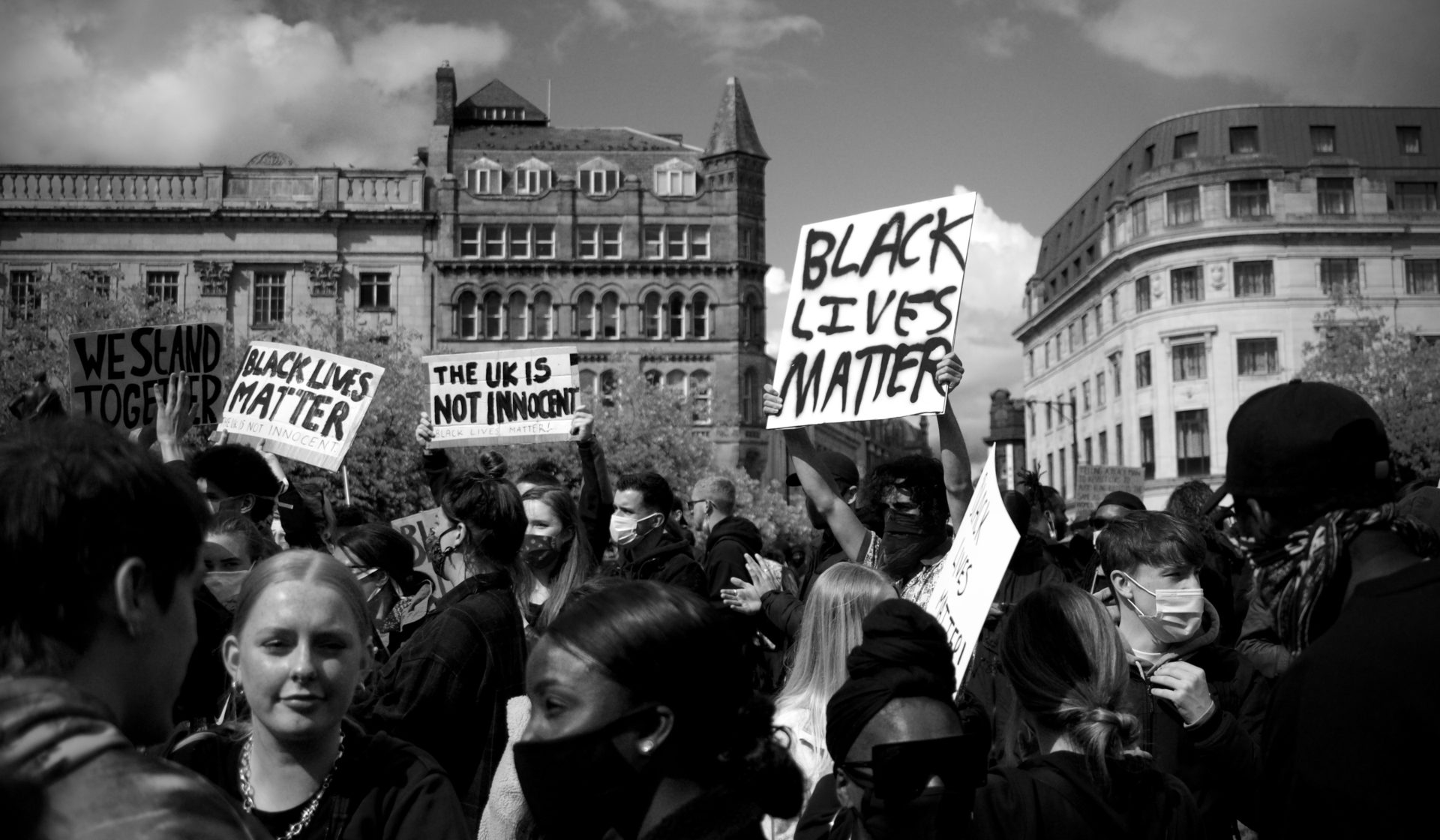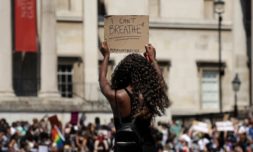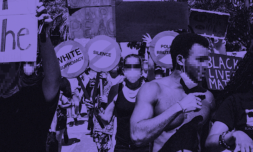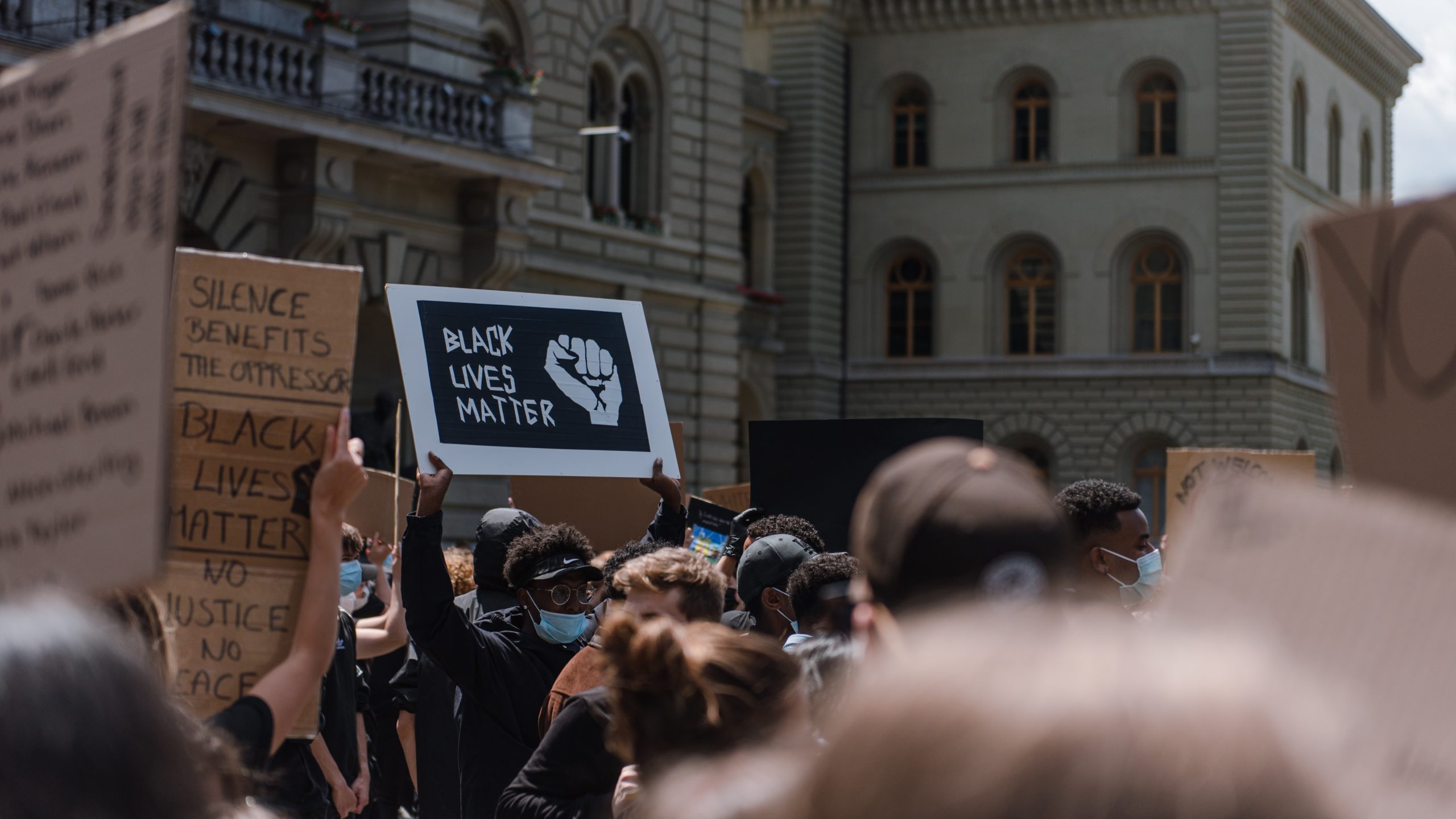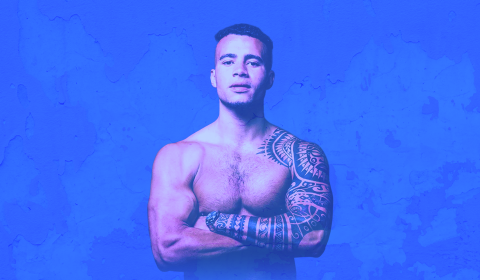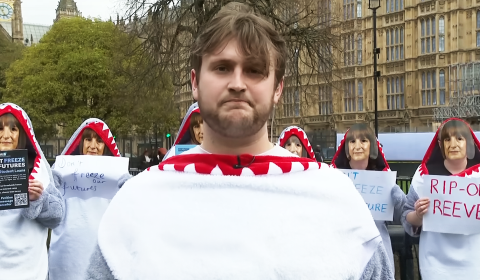BLM has been put forward for the award by Petter Eide, a Norwegian MP who recognises the movement’s global impact on raising awareness about the fight for racial justice.
In May 2020, protests fuelled by George Floyd’s murder went international.
Fronted by the global Black Lives Matter movement, thousands upon thousands of people across the globe crammed shoulder to shoulder in demonstrations, risking their lives amidst the Coronavirus crisis to support the black community because, as many banners succinctly argued at the time, ‘racism has always been a pandemic.’
A year on, and BLM not only remains the biggest activist movement in US history, but this weekend it was announced that Norwegian MP Petter Eide had nominated it for the 2021 Nobel Peace Prize, recognising the ‘struggle against racism and racially motivated injustice’ (as argued in his official nomination papers).
From America to Australia, England to Italy, Brazil to Kenya, activists have rallied behind the movement, playing a critical role in calling for societal transformation. Anything but neutral or quiet, they have assessed their future and prepared to take on a different vision: a vision of a society where prejudice and racism is actively abhorred and uprooted.
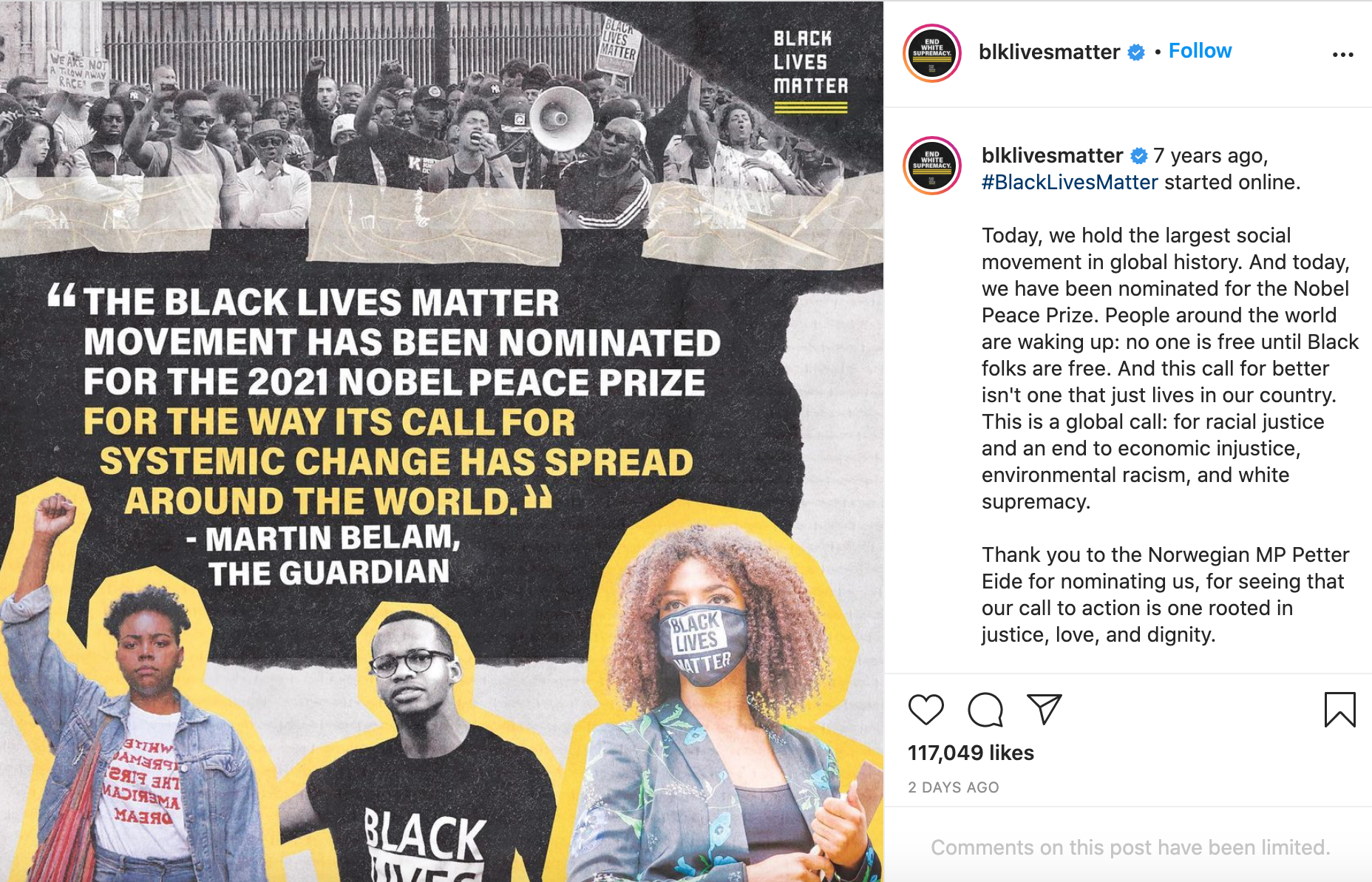
The world has carried on standing in solidarity with BLM – which was co-founded by Alicia Garza, Opal Tometi, and Patrisse Cullors in 2013 – evidence of global outrage and a real turning point for the future of human rights.
While there is no way to know exactly how large the movement has become since, the organisation has recently branched across the world. Rallies and boycotts have taken place across the United States and beyond.
Nominations for the award are accepted from any politician serving at a national level, and they must state their case in just 2,000 words.
‘BLM’s call for systemic change have spread around the world, forcing other countries to grapple with racism within their own societies,’ he wrote. ‘They have had a tremendous achievement in raising global awareness and consciousness about racial injustice.’









